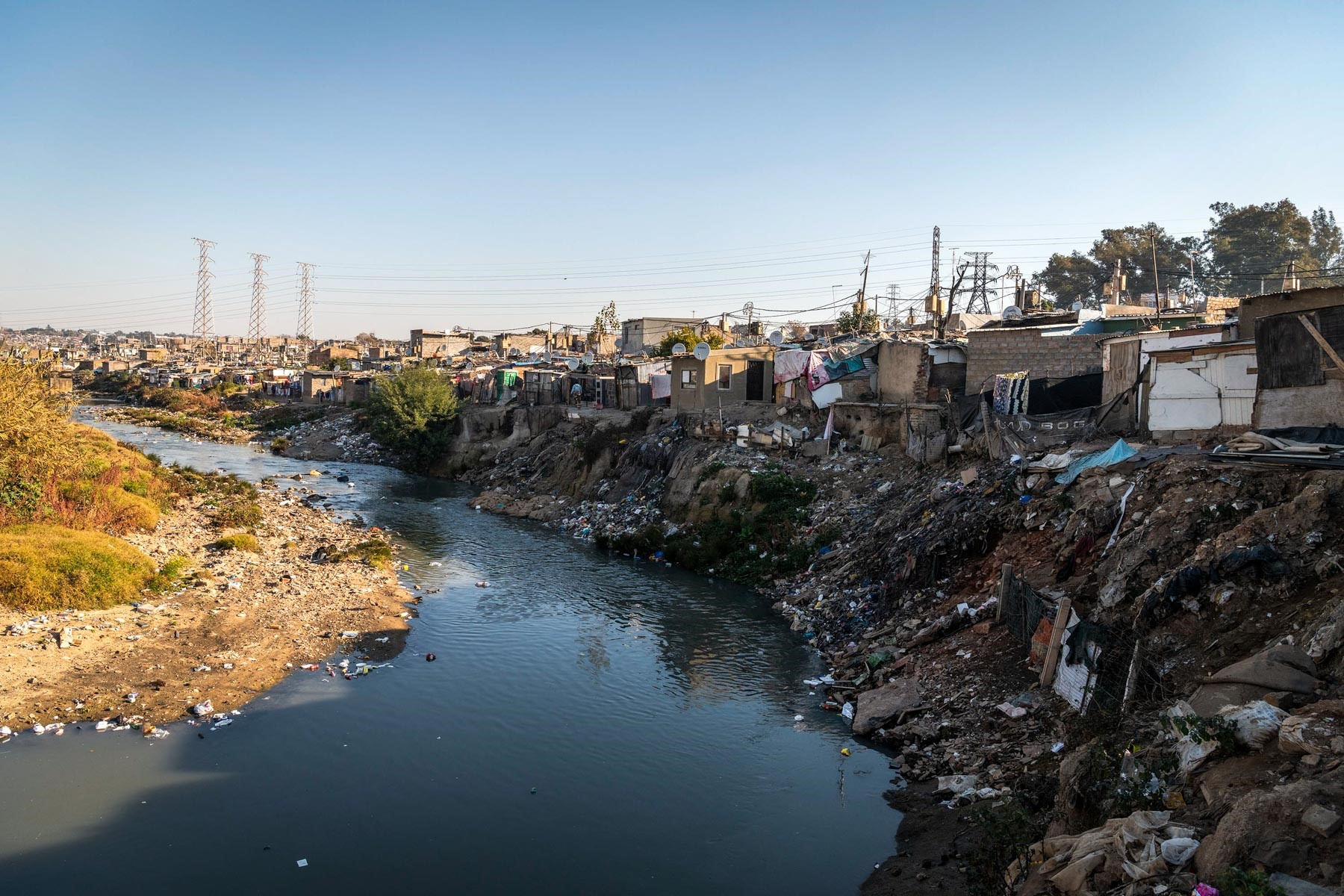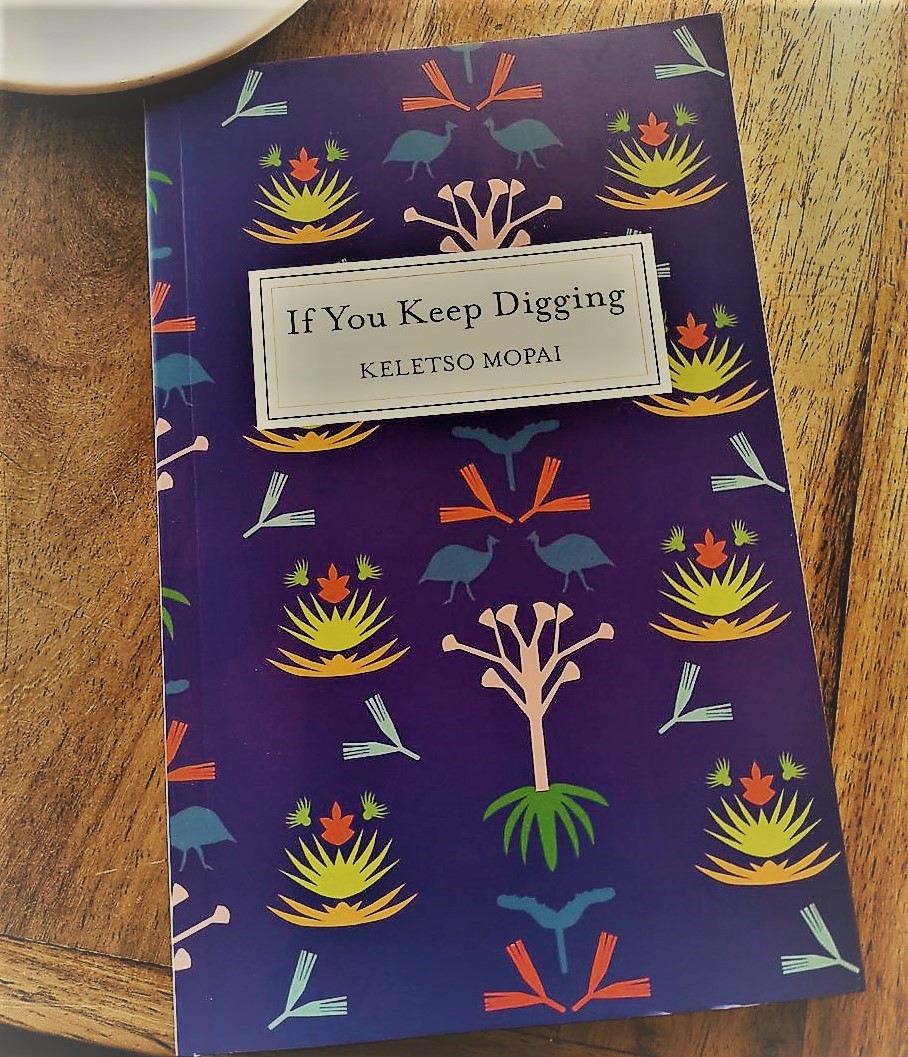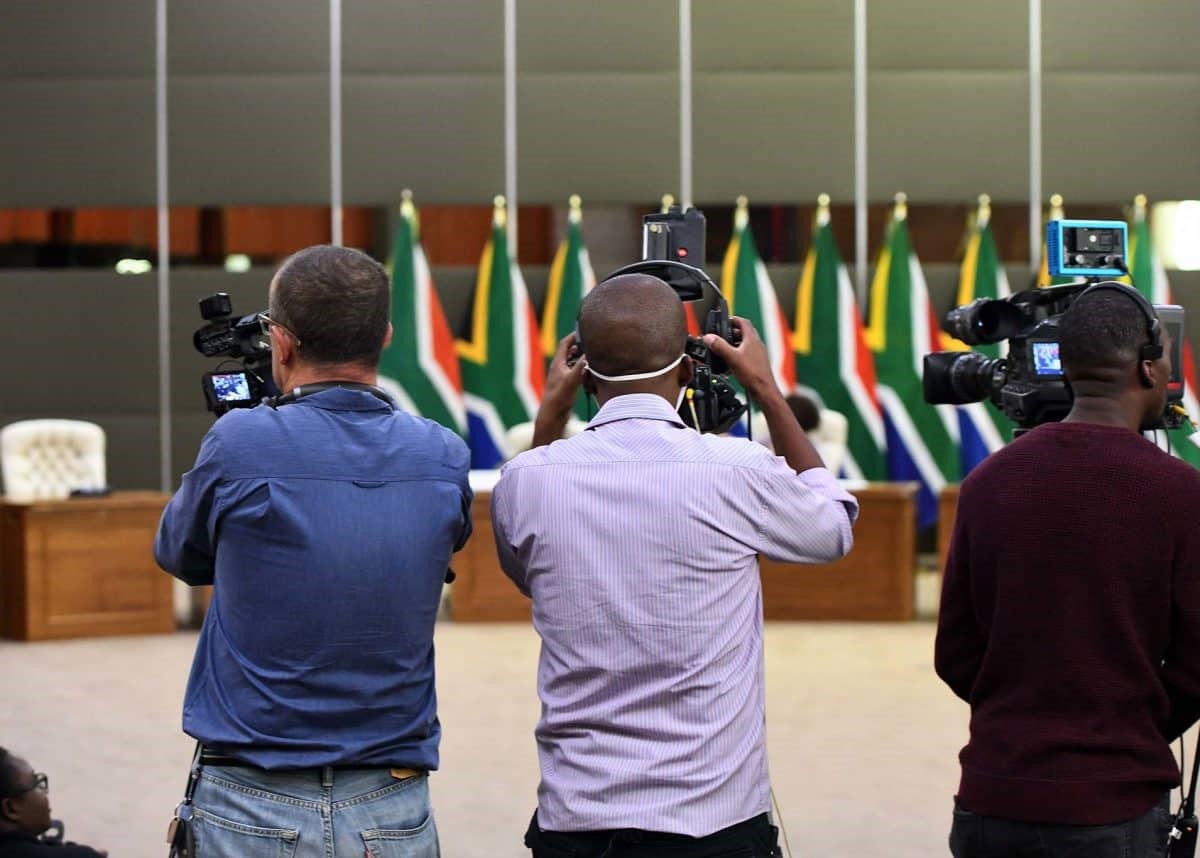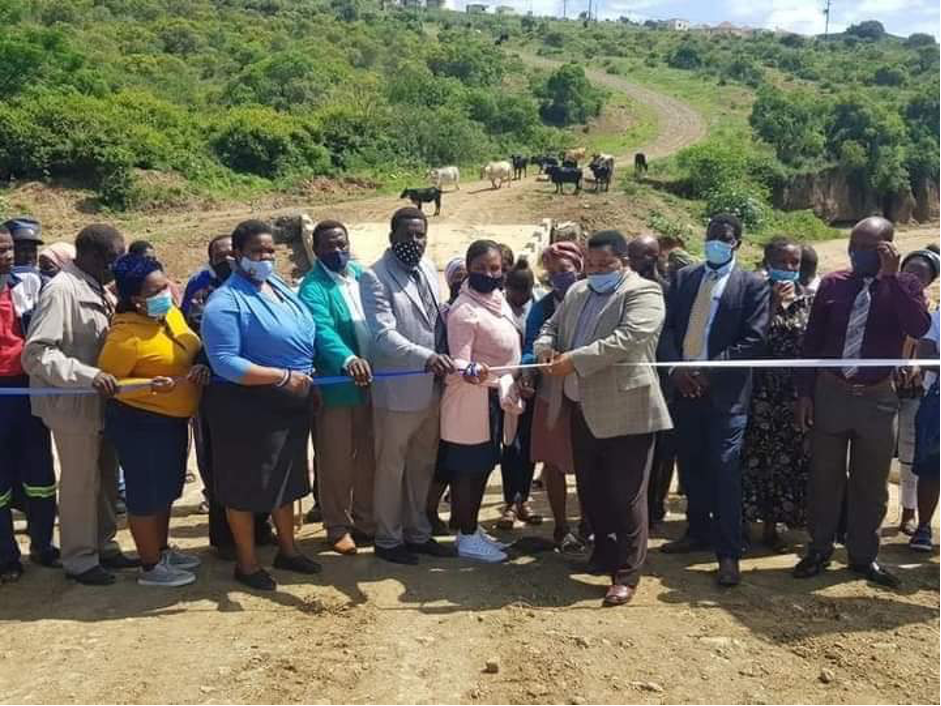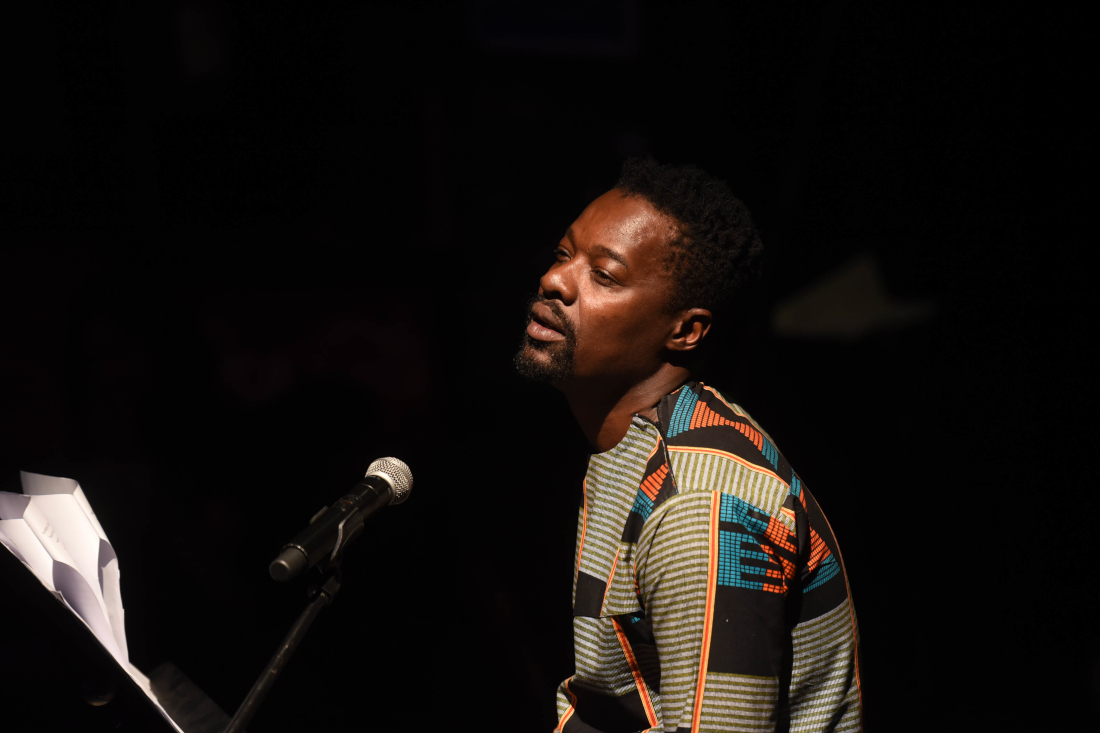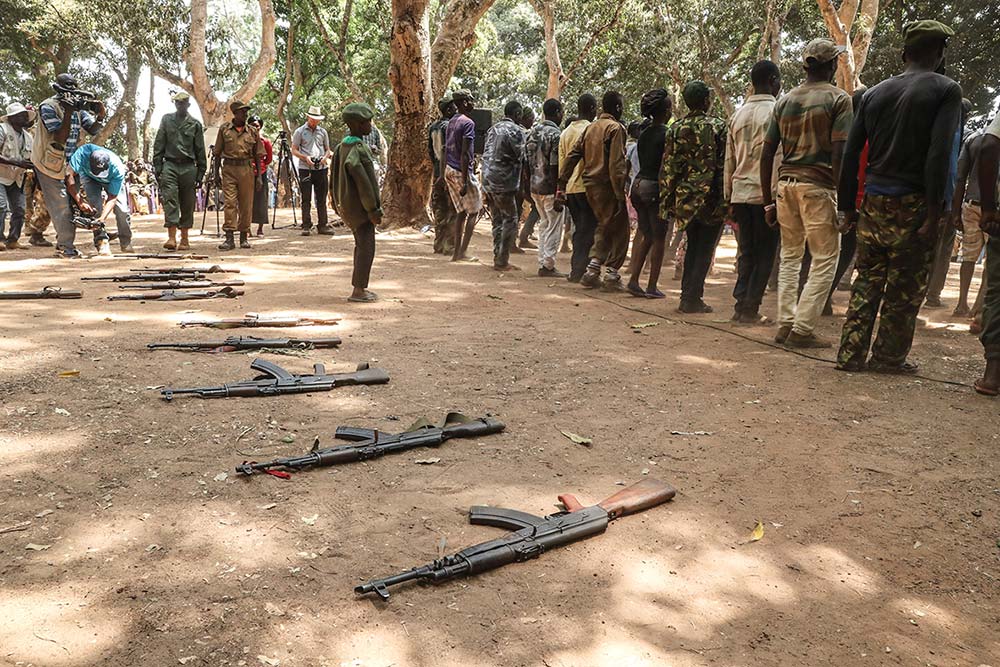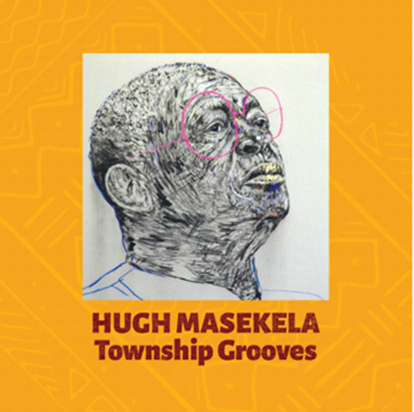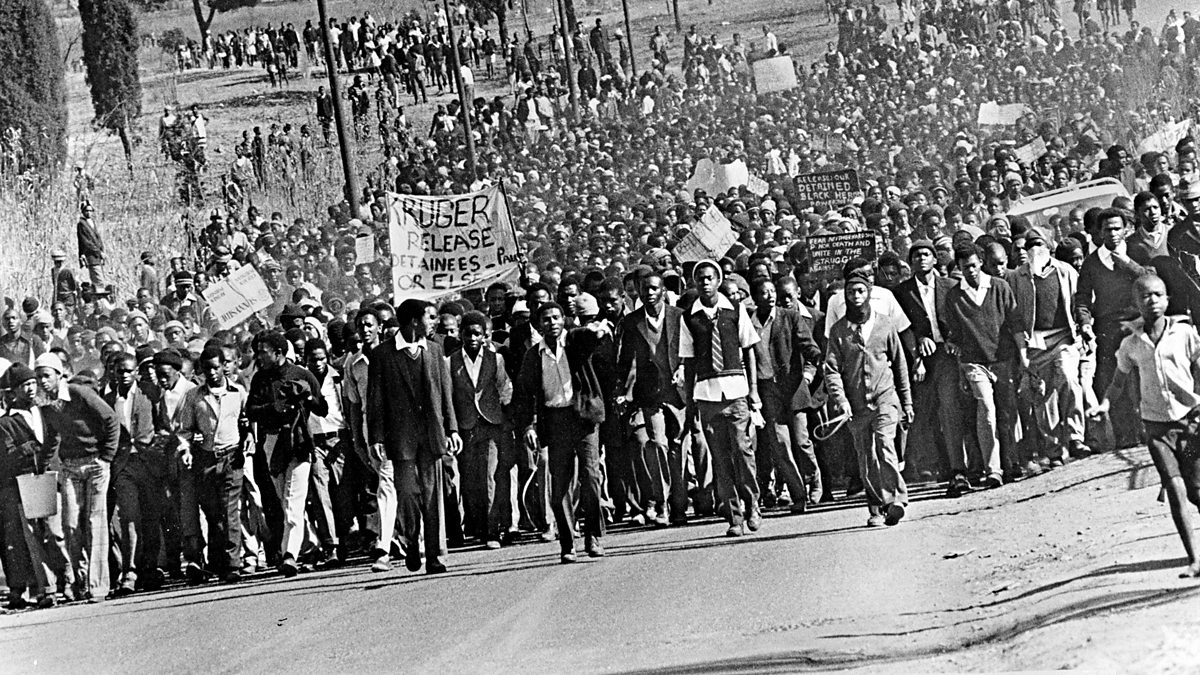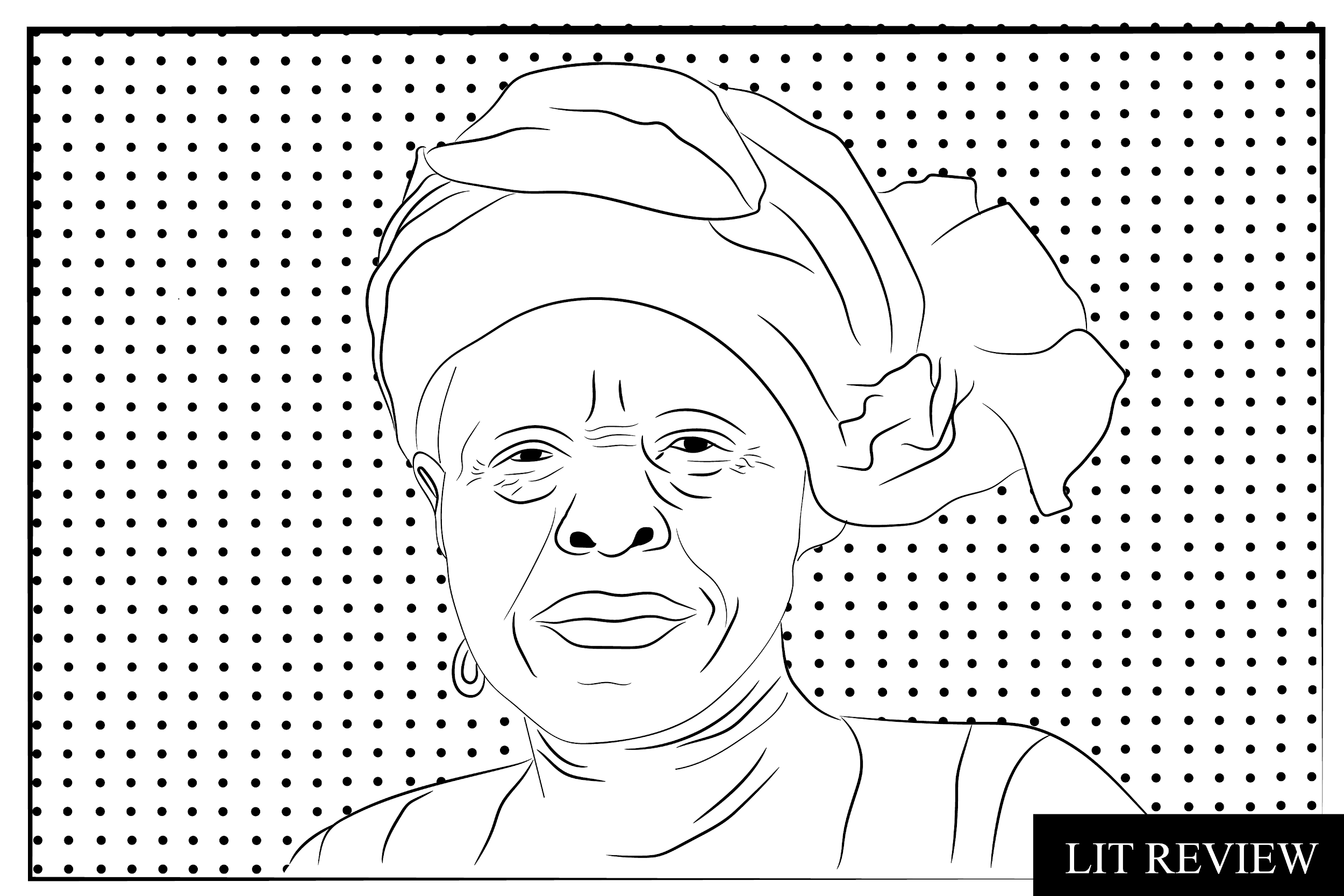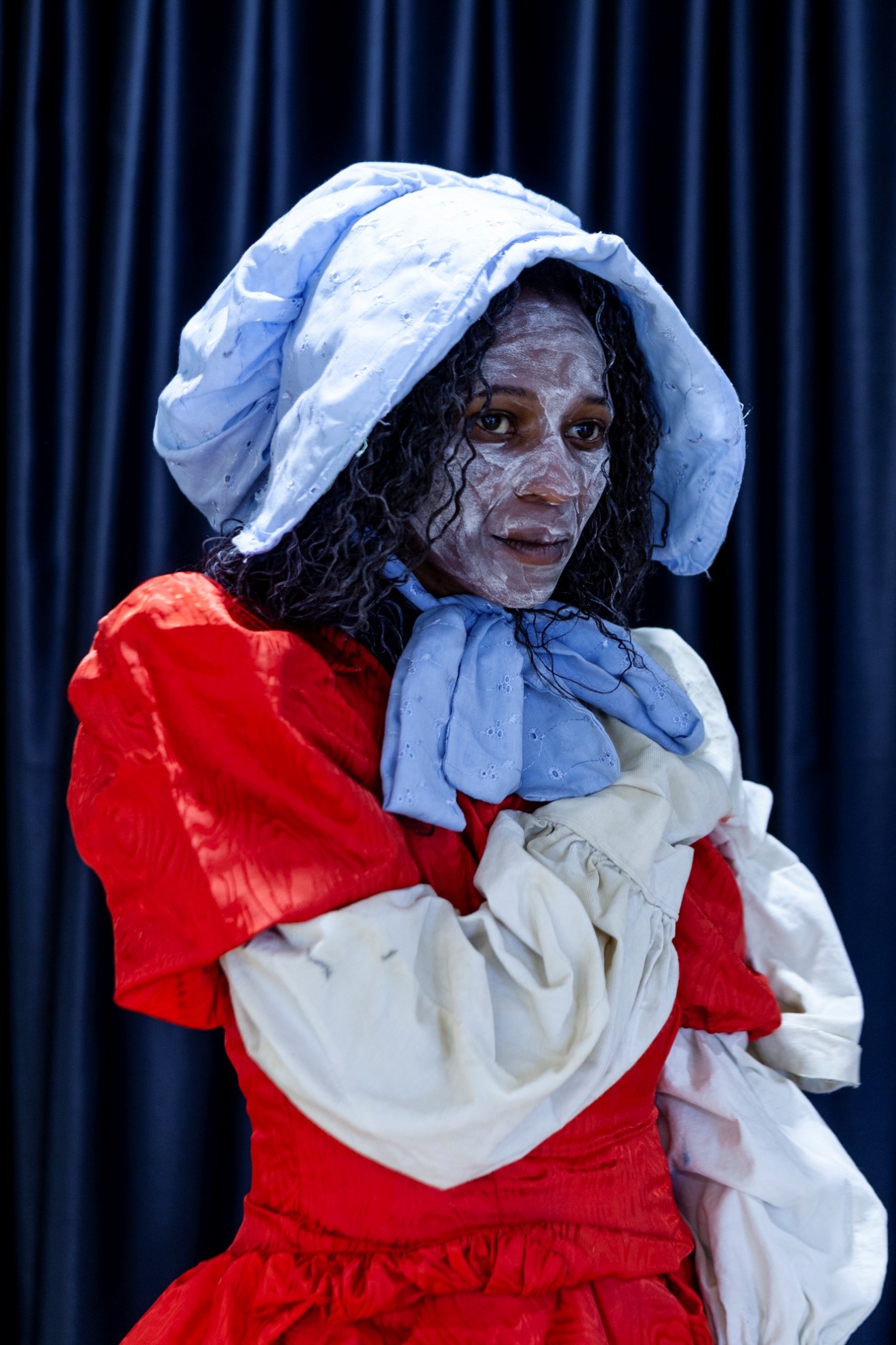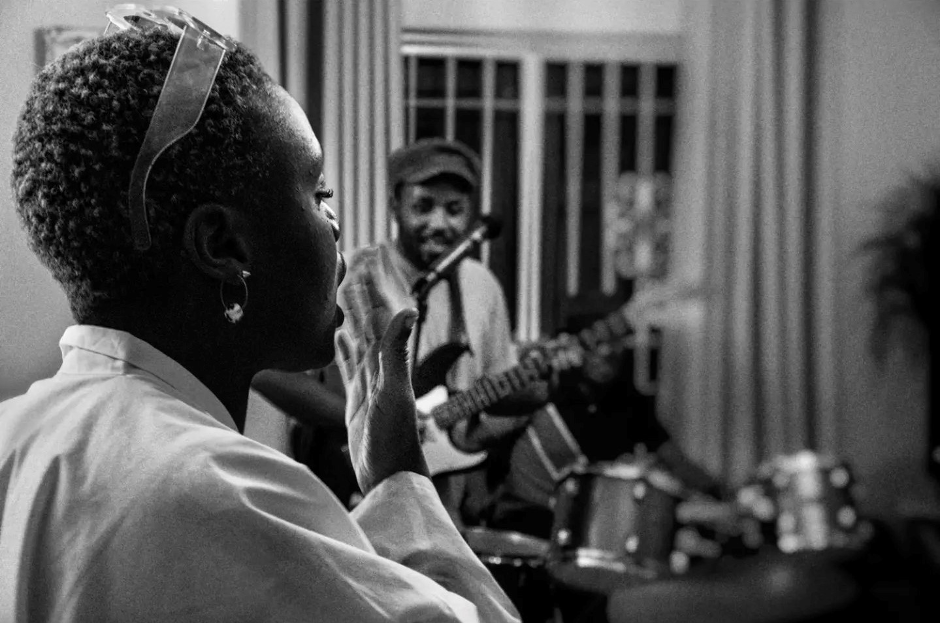The decade beginning in 1990 and ending in the year 2000 was the International Decade for Natural Disaster Reduction. One of the foremost objectives in declaring the decade thus was to help in the work of sensitisation and preventive action, to allay the rising costs and casualties of climate change. It had become clear that climate change was on an irreversible path, and that the reduction of risk, especially for the most vulnerable communities, would have to prioritised, going forward. Where this prevention-focused approach would prove ineffective, the focus would then have to be on the most effective methods for disaster relief interventions, taking into account natural (physical) as well as socio-economic factors.
One of the reasons why risk reduction has proven to be such a tall order is that often, in the most vulnerable and endangered communities, it has been difficult to explain why there are certain shifts in the weather that may adversely affect their safety and wellbeing; to inform and convince residents about the rising threat of climate change, and the dangers it would pose in certain geographically distinct areas. This is the case, we discover, when talking to Nokukhanya Dube, 24, a resident of Alexandra Township, living in the shacks that border the banks of the Jukskei River. In the first place, as Nokukhanya herself explains, she was born on the banks of the Jukskei River, has lived all of her life there, and can attest that, in the years of her early childhood, the threat and reality of this impoverished community’s homes being flooded and washed away during heavy rains was not as severe as it has become in recent times.
Although it is perhaps human nature to blank out our most distressing memories, and remember our more pleasant ones, Nokukhanya says that when she sits down to reflect, from the years when she was in mid-High School, every year during the rainy season, the flooding and the damage done by the heavy rains has become worse and worse. “It has got to a point where some of our neighbours have had their shacks washed away during the flooding.” She also recalls a tragic year during which an entire family lost their lives due to the flooding, leading to what she describes as an influx of government officials and environmental activists frequenting their homes on the banks of the river for a period of about two weeks after the incident.

Nokukhanya points out that she lives with her mother, her maternal aunts and their children, as well as her own infant daughter in this imperilled community. The challenge, as she explains it, arises when trying to explain to her mother and other older relatives and neighbours… why the flooding has become progressively worse as the years have gone by. Although Nokukhanya has read about climate change in the newspapers, and says that there have been occasional visits in the community from environmental activists, she confesses that her understanding of the factors that are driving climate change is so basic as to be poor. “You can just imagine, then, if I am struggling to understand the concept, how much more difficult it is for someone who is as old as my mother and her sisters. The last time heavy rains resulted in our shacks being flooded, they were debating about witchcraft and the end of the world, trying to comprehend why an area they had grown up in had suddenly become so unsafe due to seemingly natural causes,” Nokukhanya explains.
While it is important to educate vulnerable communities about the effects of climate change and how they may be impacted, it is unlikely that impoverished communities living in informal dwellings will voluntarily be able to take the steps necessary to remove themselves from harm’s way. In South Africa, despite the principles and ethos enshrined in the Disaster Management Act of 2002, the implementation of measures recommended in order to ensure a risk-reduction approach for the most vulnerable communities has been slow to non-existent. In their research study titled, Living with Environmental Risks and Change in Alexandra Township, the authors S.K Mgcuba and C. Vogel observe that, “vulnerability in Alexandra is shown to be the product of political inaction, lack of access to resources and information, and is compounded by a failure to enhance active community resilience.” Mngcuba and Vogel further argue that the current inability on the part of government to, “effectively capture and track these cumulative risks and complex dynamics that underpin risks in poor, urban settings currently thwart disaster-risk reduction and mitigation efforts.”
While climate change is an inexorable fact, in present-day South Africa, so is the spectre of a state that seems increasingly incapable of carrying out even the most basic functions owed to its most vulnerable citizens. 24-year old Nokukhanya Dube, despite her efforts to educate herself and those within her family and community about the increasing threat of flooding on the banks of the Jukskei River, sometimes seems resigned to the fate of such communities. “The other thing is that, you can explain and explain, but what do you say when people tell you that they have nowhere else to go,” she asks?

